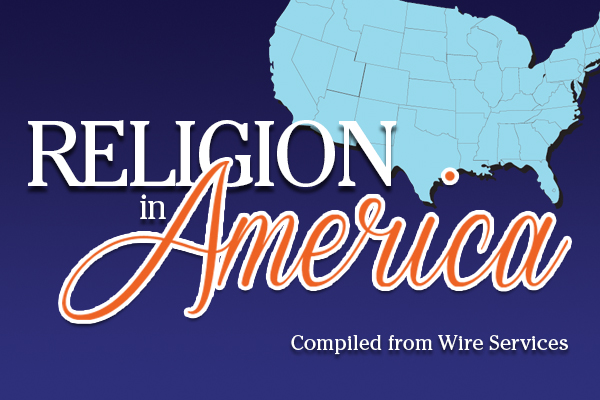The perception that people unfettered by religion are happier than those who regularly attend church is false, an economist says.
"People who believe in no moral constraints on activities have less happiness," said Arthur Brooks during a lecture series sponsored by the Acton Institute. Brooks is professor of public administration and the Louis A. Bantle chair in business and government policy at Syracuse University’s Maxwell School of Citizenship and Public Affairs.
Compared to "secularists" — whom Brooks defined as those who attend religious services once a year or not at all — people who faithfully practice their religion make life easier for the rest of us.
Those who attend religious services at least once a week commit fewer crimes, are less likely to divorce and are more likely to donate to nonreligious causes, said Brooks, author of the recently released "Gross National Happiness: Why Happiness Matters for America — and How We Can Get More of It."
Their willingness to give to the common good benefits everyone, Brooks added. "If you honestly have beliefs, if you have values and adhere to them, that will give you peace," he said.
Brooks said there is an exception to his benchmark for happiness: people who view God as a condemning deity and those who believe, but infrequently practice, their faith. They end up fearing death the most, he said.
Defining happiness and knowing how to find it is an exercise in futility for them, he said.
But those who have a sense of control of their lives, spend time with a close circle of friends and shun self-centeredness are moving in the right direction, said Brooks.
"Finding a way to serve others gives us a way to bring happiness," he said. "Entrepreneurs are so happy because they feel like they’re creating value in people’s lives." (RNS)




Share with others: